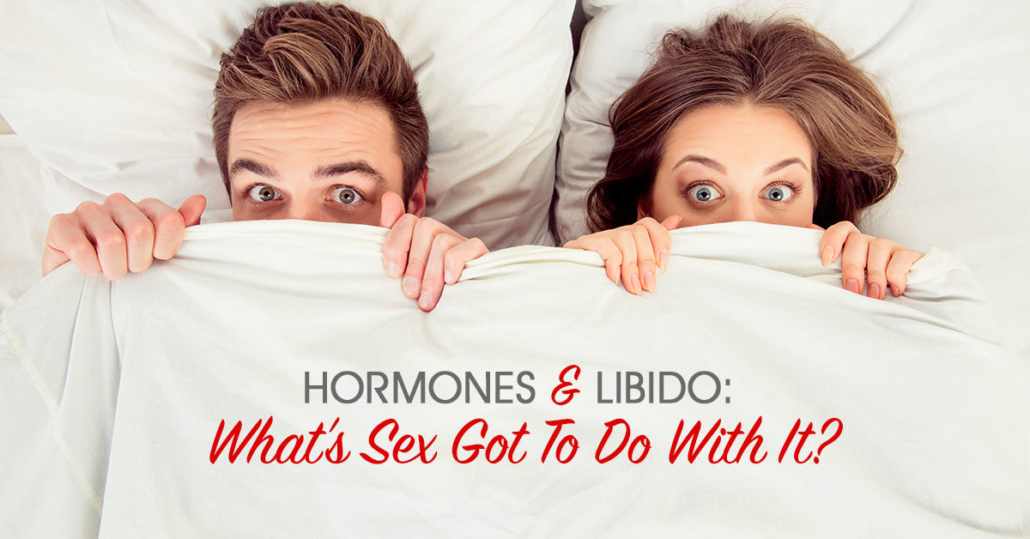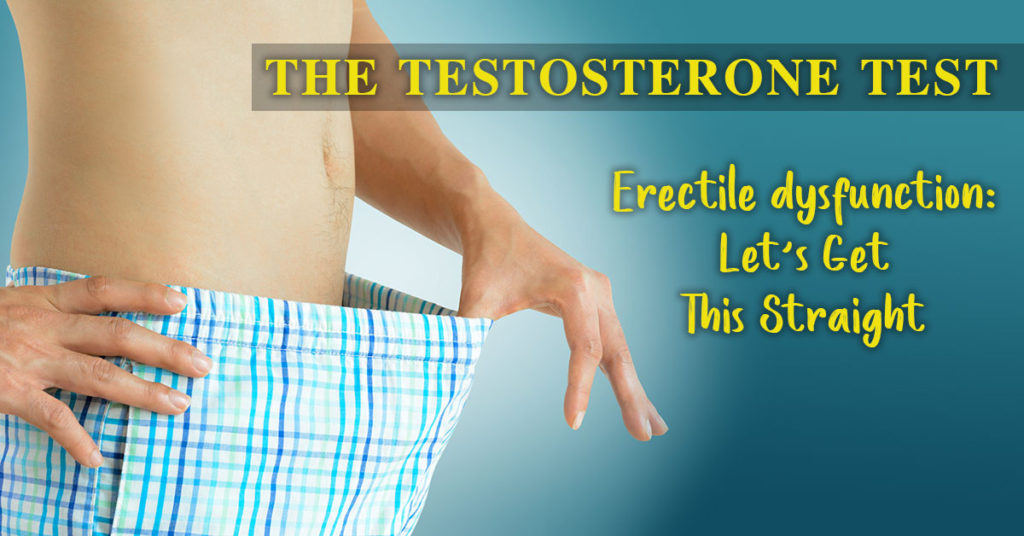HORMONES AND HEALTH: FEELING AWFUL ALL OVER

HYPER-HYPOCHONDRIAC?
“So, hey, how’re you doing?” you might hear.
So, how do you answer?
Uh, let’s see…queasy, jacked up, run-down, rotten, defective, debilitated, blah, bleh, broken, not so hot, woozy, wobbly, stricken, sick, ick, uck, yukky, ucky, a total mess, at a total loss, down and out, out of it, in the dumps…oh heck, get out the thesaurus. Point is, that at different times in our lives, we all go through feeling like dreck (there’s another apt word). Well, the good news is that it just might be that your hormones are unbalanced. Hormones? Oh groan, something else to worry about. (Hold on, hold on…keep reading…)
WHO KNOWS WHAT A HORMONE IS, ANYWAY? (HONESTY, HERE…NO WIKI WANDERING)
in the simplest of terms, hormones are powerful chemical messengers in your body that are constantly traveling around your bloodstream telling your tissues and organs what to do. (And their word is golden.) They control most bodily functions and are essential for every activity of life. The bummer is that you can’t control them on your own. They choose to play “mayhem and misery”, with every inch of your body, and it’s a game you can’t win.
GOLDILOCKS AND THE 50 OR SO HORMONES
There are about 50 different hormones in the body which effect trillions of our cells. Each hormone has a different effect on our body, and each and every one of those hormones can be out of balance at some point or another during our lives. Here’s how the story goes:
“This hormone is too much”, Goldie would say.
“This hormone is too little”, she might claim.
In both cases, with too much or too little of any hormone, even tiny changes can have serious effects throughout your body. From head to toe. To get to “this is just right”, takes fine tuning to get your hormones in a balance that gets you feeling your best. It can be a bear of a problem.
IT’S EVERYWHERE, IT’S EVERYWHERE
So, what causes all these hormone imbalances? To name a few (ok, more than a few) …maybe you should be sitting:
- Chronic or extreme stress
- Type 1 and type 2 diabetes
- Hyperglycemia (overproduction of glucagon (more insulin produced than there is glucose in the blood)
- Underactive thyroid (hypothyroidism)
- Overactive thyroid (hyperthyroidism)
- Poor diet and nutrition
- Being overweight
- Hormonal replacement or birth controlmedications
- Abuse of anabolic steroids
- Benign tumors and cysts(fluid-filled sacks) that affect the endocrine glands
- Congenital adrenal hyperplasia (low levels of cortisol)
- Endocrine gland injury
- Severe allergic reactions or infections
- Cancers that involve endocrine glands
- Chemotherapy and radiation therapy
- Iodine deficiency (goiters)
- Hereditary pancreatitis
- Turner syndrome (females with only one functioning x chromosome)
- Prader-Willi syndrome- (what in the…?)
- Anorexia
- Exposure to toxins, pollutants, and endocrine disrupting chemicals, including pesticides and herbicides
- Pituitary cancers
ENOUGH TO MAKE YOU SICK
So, what are some symptoms and signs you might be suffering from a hormone imbalance? Don’t leave now, and don’t fly into an apoplectic fit that you have not just one of the following symptoms, but all of them:
- Tired all the time/no energy
- Difficulty getting up in the morning
- Poor sleep
- Craving for salty or sugary foods
- Taking more effort to perform everyday tasks and duties
- Decreased sex drive
- Decreased ability to handle stress
- Increased time to recover from illness or injury
- Light headed when standing up quickly
- Depression
- Lack of enjoyment or happiness
- Weight gain/loss
- Food intolerance
- Sinus problems
- Alcohol intolerance
- Excessive allergies
- Anxiety
- Digestive disorders
- Dry and thin skin
- Excessive hunger
- No hunger
- Hair loss
- Unexplained headaches
- Immune deficiencies
- Inability to concentrate
- Infections
- Liver disorders
- Chronic pain
- Inflammation
- Blood pressure problems
- Low body temperature
- Hot flashes
- Night sweats
- Mood swings
- Poor memory
- PMS
- Sleep disorders
- Tender breasts
- Weakness
- Difficulty building muscle
- Cramping
- Fluid retention
- Slow metabolism
- Irritability
- Chronic illness
- Unexplained or excessive sweating
- Changes in sensitivity to cold and heat
- Very dry skin or skin rashes
- Changes in blood pressure
- Changes in heart rate
- Brittle or weak bones
- A bunch of different cancers and hard-to-even pronounce maladies
A DIAGNOSIS FOR FAILURE
Certainly, at this point, the biggest thing you’re suffering from is panic. The point is, there are times you don’t feel well, and well, can’t figure it out. So, you might ignore what’s gnawing at your health and try to go your merry way. No way that’s going to work. Finally, it gets to the point it starts to interfere with your life, so you start on a medical merry-go-round of supposed experts subjecting you to tests you couldn’t even attempt to pronounce. Which are followed by enough different diagnoses to puzzle Einstein. Maybe it’s this. Probably it’s that. Could be both. “Clueless” is the overwhelming diagnosis of all their efforts. Google any of it and you’ll be sure you’re going to die. Slowly. Painfully.
GET THOSE HORMONES HUMMING
Something else you probably don’t know, is that there are two types of hormones that can be used in hormone replacement therapy. There are natural bioidentical hormones that have the exact same chemical structure your body produces, so when used, the body doesn’t know the difference. Then there are synthetic hormones patented by Big Pharma. (Big nightmare.) It’s a little too close to one size fits all. And we know how productive that is. Additionally, because synthetic hormones are not created structurally the same as natural hormones, they often lead to uncomfortable side effects. That’s where Denver Hormone Health comes in. All their doctors are skilled and experienced in the ups and downs of hormone imbalances. They use bioidentical hormones, not what could be dangerous synthetic hormones. Instead of using the “hunt-and-peck” method for discovering what imbalances you might have, the doctors at Denver Hormone Health look at your body as a whole. With simple tests they are able to determine where the problems are, and based on the results, create a unique, tailored treatment plan to get you feeling like you’re ready to take on the world. Which is why going to Denver Hormone Health makes all the difference in the world. Make an appointment at Denver Hormone Health now. And get ready to discover balanced hormone heaven.


